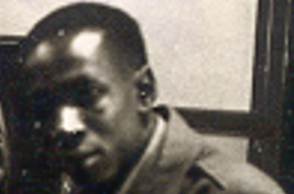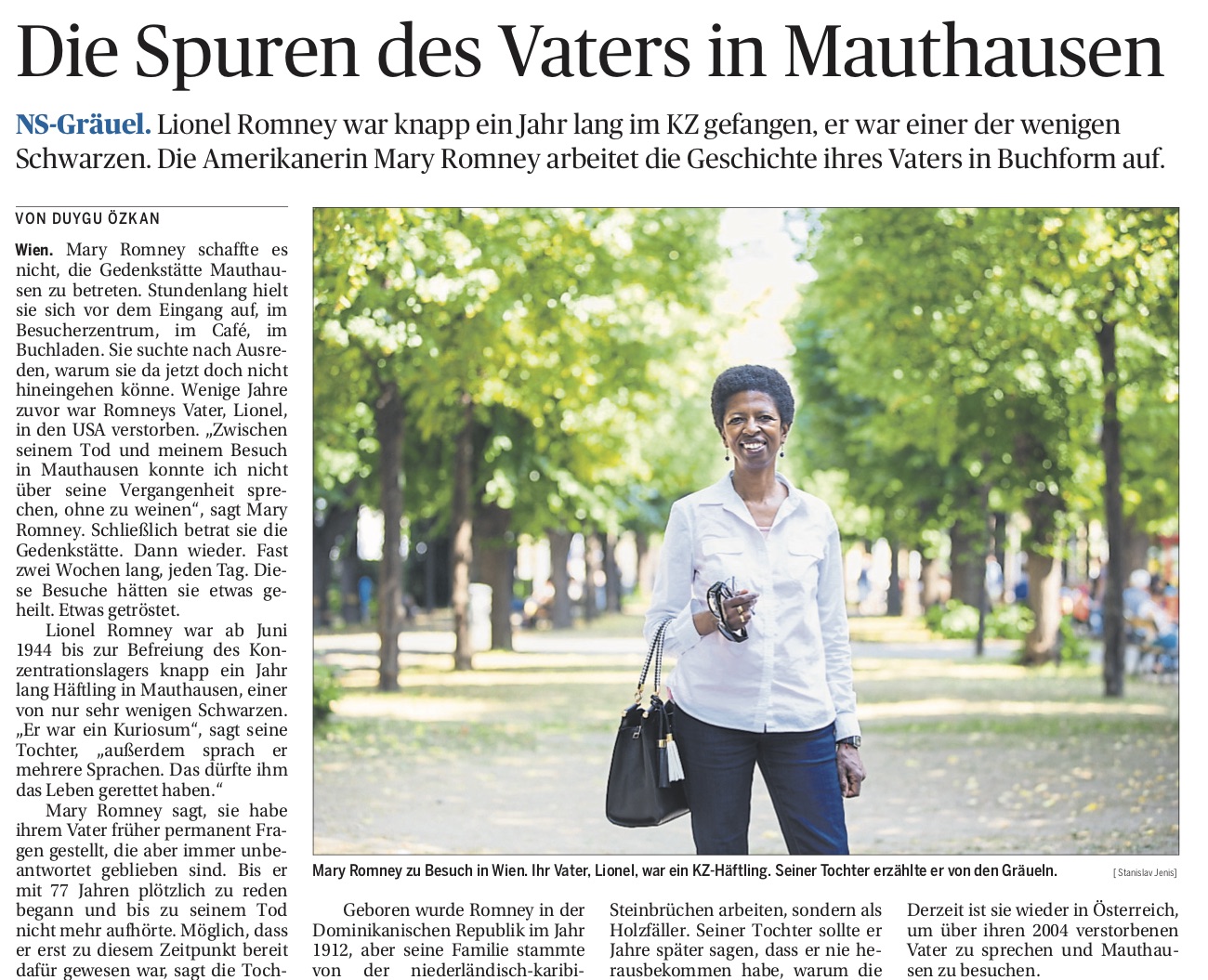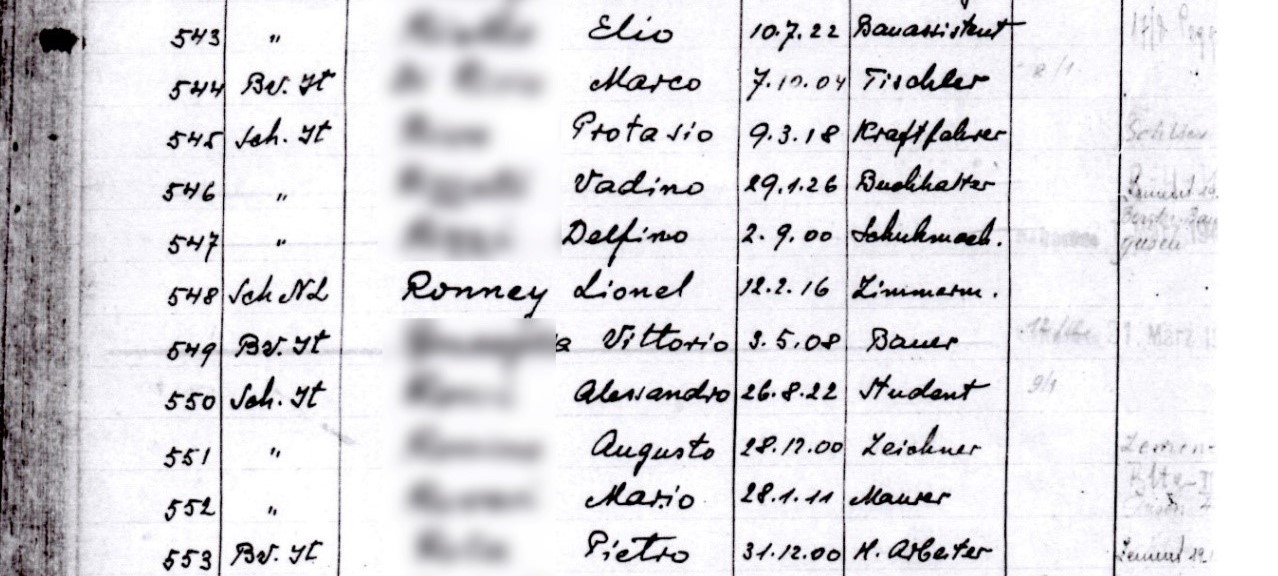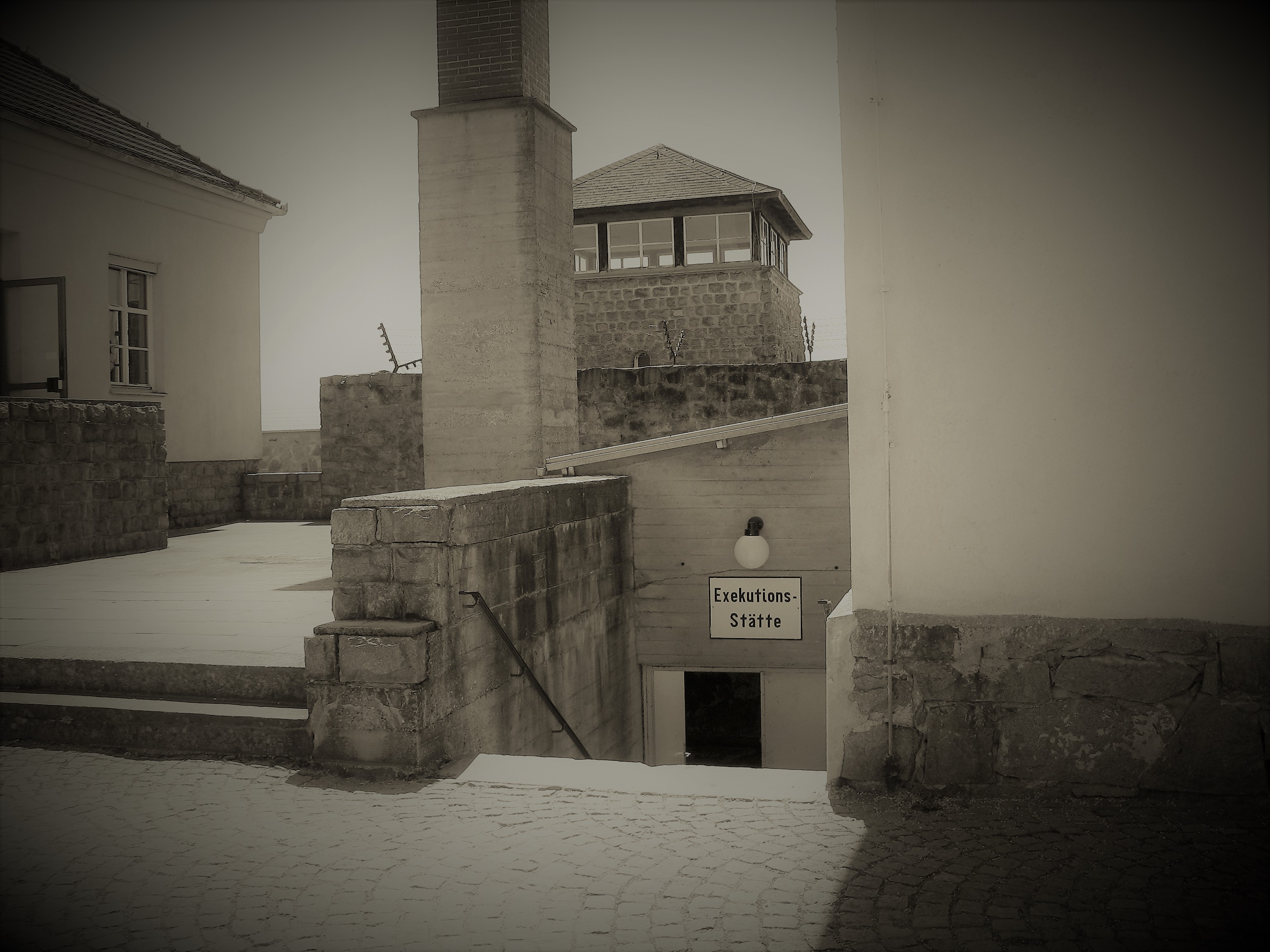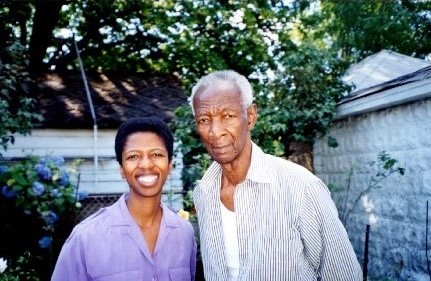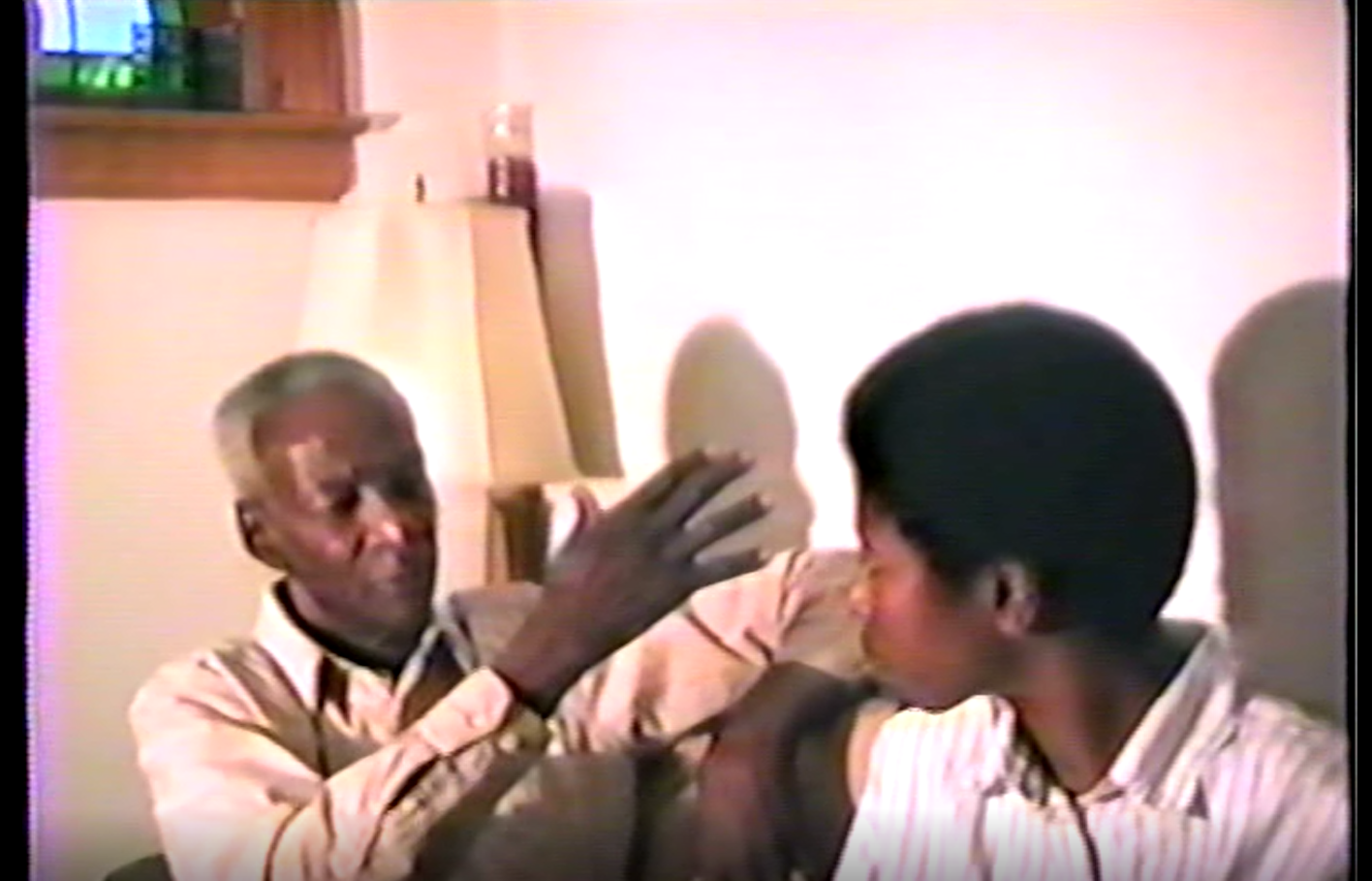
How did an Afro-Caribbean civilian merchant sailor become a prisoner in a Nazi concentration camp during World War II? What did he witness? How did he survive to tell about it? This book answers these questions through the story of Lionel Romney, the author’s father. He was an Afro-Caribbean (West Indian) who, by chance, was trapped in the politics, chaos, and deadly violence of World War II.
As a non-combatant political prisoner, Lionel Romney spent four years, from 1940 to 1944, in the Italian internment camp system, and the final year of the war, 1944-45, in the notorious Mauthausen concentration camp in Austria. There, he was subjected to inhumane treatment and near-starvation. He routinely witnessed atrocities that traumatized him so deeply that he was virtually silent about the experience for over four decades. After over 20 years of trying, his daughter, Mary, was finally able to get him to talk about it during a series of oral history interviews. These form the centerpiece of the book, which also chronicles her experience of visiting Mauthausen and Italy after her father passed away.
Framed within the context of Lionel Romney’s Caribbean origins, World War II and the Nazi camp system, as well as Mary’s own observations, this volume is part oral history, part memoir, and part history. As such, it is a story of an ordinary man caught in extraordinary circumstances; a father’s survival and a daughter’s journey.

What's it about?
An obscure story that only came to light through oral history, this book chronicles Lionel Romney’s
World War II experience as one of the few
Black people who was imprisoned in a
Nazi concentration camp and survived
to tell about it.

